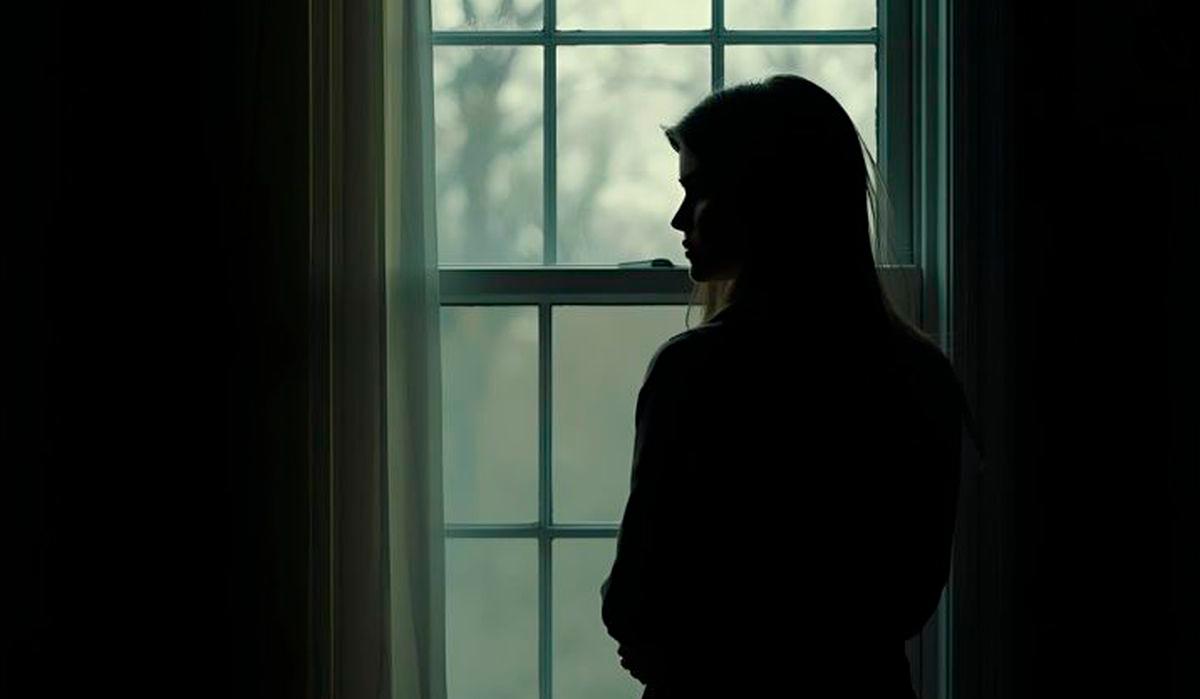PETALING JAYA: Alexandra Nicole (Nicol) Eclarinal, 22, from the Philippines believes that climate crisis also involves a fight for dignity, equality and justice.
The young climate, gender and human rights advocate said women and marginalised communities bear the heaviest burden of the world’s inaction.
“In the aftermath of super-typhoons, women are often the first to feel the impact of everyday rights violations,” Nicol said.
“Access to clean water, sanitation and reproductive health services becomes a major challenge. Many are displaced, increasing their vulnerability to gender-based violence. Yet even then, women continue to shoulder care work while trying to rebuild their lives.”
Nicol, a long-time youth advocate, believes these struggles show how deeply the climate crisis is tied to gender inequality and human rights.
Despite greater visibility of youth voices, she said many Filipino youths, especially young women, still face systemic barriers to leadership.
“Access to information, training and meaningful participation remains limited,” she said.
“Youth organisations struggle with funding and support, while opportunities for international representation are often out of reach due to financial and visa barriers.”
Patriarchal attitudes persist too, she added.
“We’re still undermined or dismissed by traditional leaders because of our age and gender. But we keep pushing for systems that allow marginalised voices to shape climate and development policies.”
For Nicol, real climate solutions must be built on justice and accountability, not voluntary promises. She believes international climate policies should embed enforceable human rights commitments – starting with rewriting Article 6.1 of the Paris Agreement to make human rights central to all climate actions.
“Parties should be mandated to ensure that every climate action upholds and advances human rights,” she said.
“That includes the rights of women, youths, indigenous people and marginalised communities. True climate ambition must be rooted in justice.”
She also stressed that Global North countries, as the biggest historical emitters, have a binding responsibility to provide financial and technological support to the Global South.
“Every flood, drought or typhoon isn’t just an environmental event – it’s a human tragedy,” Nicol said.
“People lose homes, livelihoods and loved ones. Recovery isn’t only about rebuilding houses; it’s about restoring dignity and hope.”
If she could change one policy overnight, Nicol said she would push for a full fossil fuel phase-out and hold corporations accountable.
“These companies have profited while communities suffer. They must be held responsible, not just for environmental destruction but for the human rights violations that come with it,” she said.
“Everyone is affected by the climate crisis, but not equally. Empathy doesn’t make you weaker; it makes you more human. And that’s what drives real, collective change.”









